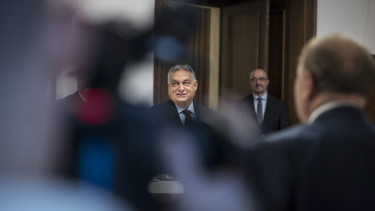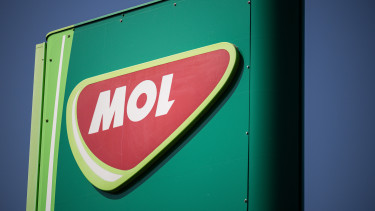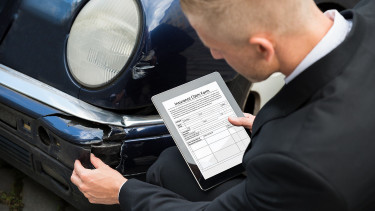Fuel prices to change in Hungary on Thursday
As of 4 July, the purchase price of petrol will increase by 2 forints gross, while for diesel, pumps will pay their wholesalers 4 forints gross more. Conversely, motorists topping up their tanks may not experience this increase in retail prices (depending on where they fill up),
as market operators currently set prices at filling stations differently from the wholesale price changes.
The current average price of 95-octane petrol is HUF 616, while the average price of diesel is HUF 627, with prices changing several times a day, which also keeps the average price constantly moving. If the price hike is applied to pump prices tomorrow,
- the average price of petrol will be HUF 618/litre, and
- the average price of diesel could rise to HUF 631/litre.
The price of petrol has breached the HUF 600 per litre psychological level on 20 June and it has been rising ever since.
Let's see how fuel prices will compare to four sort of arbitrary 'benchmarks':
- End of 2023: petrol +8.4% (HUF 48), diesel +6.4% (HUF 38);
- 10 June (day after elections): petrol +4.7% (HUF 28), diesel +5.9% (HUF 35);
- 2024 peak: petrol -4.9% (HUF -32), diesel -4.5% (HUF -30);
- Mid-January low: petrol +10.6% (HUF 59), diesel +7.5% (HUF 44).
On Friday, the government has called on fuel retailers to return to the practice of previous months and reduce their prices to below the average price in neighbouring countries. Otherwise, the government remains ready to intervene in the fuel market.
As of 28 June, a litre of petrol was HUF 4 more expensive and diesel cost HUF 18 more in Hungary than the average of neighbouring countries. The European Commission's latest fuel price data for a new regional comparison should be published later today.












